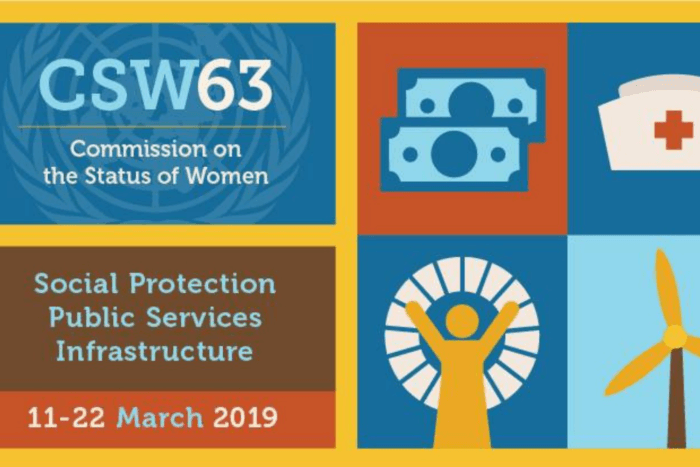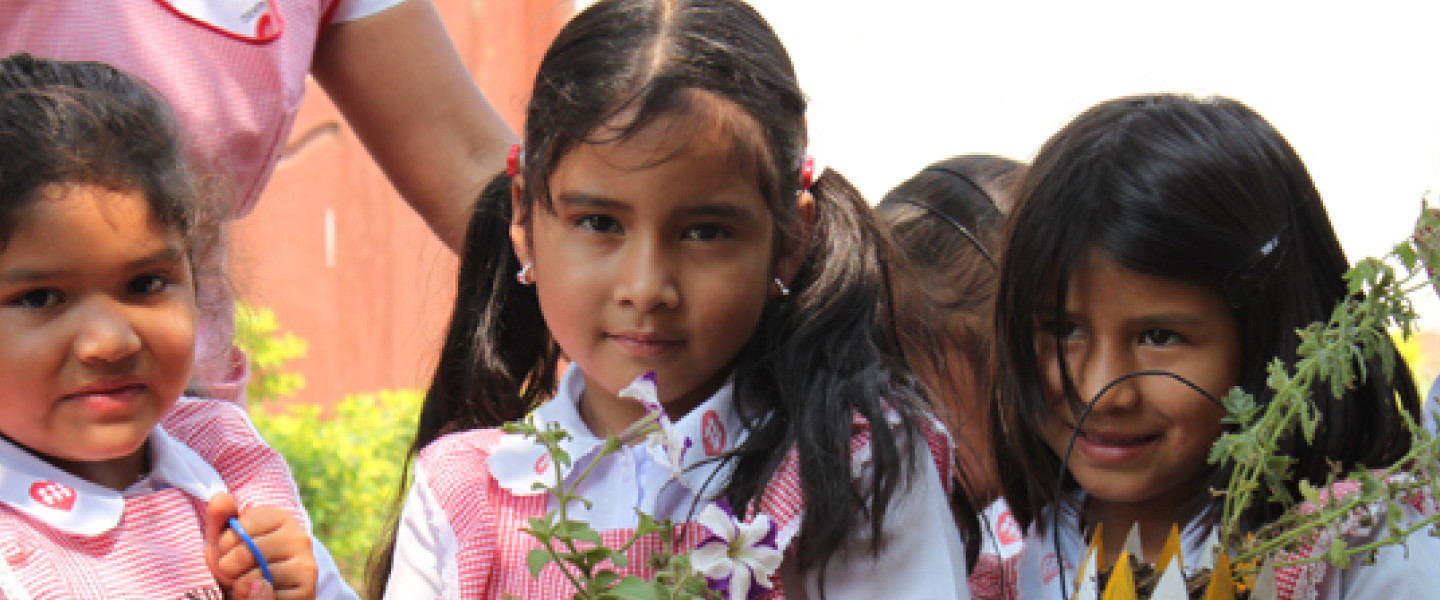
Today, girls exercising their right to education are more numerous than ever. Not only do they learn to read and write, but with every year that they continue their schooling after finishing primary school, they reduce their chances of getting married at a young age and they generate skills to make decisions about their future. They also increase their chances of finding a job, leading a healthy life, enjoying general well-being and exercising their right to participate and lead in the public sphere as the citizens they are.
However, even today, worldwide, almost 15 million girls are forced to marry before they turn 18, that is, some 37,000 a day. According to the data offered by the UN, 35% of women around the world have suffered physical and/or sexual violence at the hands of their partners or at the hands of others.
Two factors come together to make girls vulnerable to violence: their gender (the fact that they are female) and age (their stage of development as children or adolescents). These factors and the harmful practices associated with them involve a risk of violence in a multitude of socioeconomic and cultural contexts. Therefore, violence-free life for girls and gender equality are inalienable commitments if we want to build a world that leaves no one behind.
The International Federation of Fe y Alegría – FIFyA and the Jesuit Refugee Service – JRS work together to denounce the situations of injustice that girls face. With this task in mind, representatives of the International Federation of Fe y Alegría will participate in the 63rd Commission on the Status of Women (CSW), which is the main global normative body which seeks to promote gender equality and the empowerment of women.
NGOs have a very important role in these meetings, as we have influenced the conception of the current global policy framework regarding the empowerment of women and gender equality – in 1993 the international community agreed to the Beijing Declaration, the first step to setting goals in terms of equality and equity for the coming decades. From March 11th-22nd, the annual meeting of the Commission will take place in New York, which this year will focus its sessions on “social protection systems, access to public services and sustainable infrastructures to achieve gender equality and the empowerment of girls and women.” During this meeting, we will defend that education plays a fundamental role as a key tool for individual and collective development of the girls with whom we work every day.
At FIFyA and JRS, we denounce the weak institutional capacity to put an end to this reality and the absence of mechanisms for reporting and protecting girls. In most cases, girls and adolescents are unaware of their rights, afraid of being stigmatized or doubted when reporting cases of violence. We warn about certain discriminatory norms, traditional and cultural practices of the communities and families with which we work and that are the source of inequality between boys and girls since birth and the mistreatment that is exercised against girls. These are traditional harmful roles that replicate and reproduce in patriarchal environments and social patterns of behavior that make women and men accept and develop violent attitudes and behaviors as something natural.
Therefore, we aim to highlight the responsibility of the States and of all those who feel concerned by the situation of girls and young women and we insist on the need and urgency to join efforts to transform schools into protective and safe spaces, which implies having inclusive school infrastructures, that provide protection and are adapted to the specific needs of girls and young people.
It is also necessary to promote with the school community, schools that establish programs aimed at prevention, detection and action against all cases of violence. The teaching team must be trained in gender equality, as well as the prevention and detection of violence against girls.
The Commission on the Status of Women (CSW) meets annually at United Nations Headquarters in New York to assess progress on gender equality, identify challenges, establish global standards and formulate concrete policies to promote gender equality and the empowerment of women worldwide. Our participation throughout the Commission can be followed on social networks through the hashtag #CSW63

